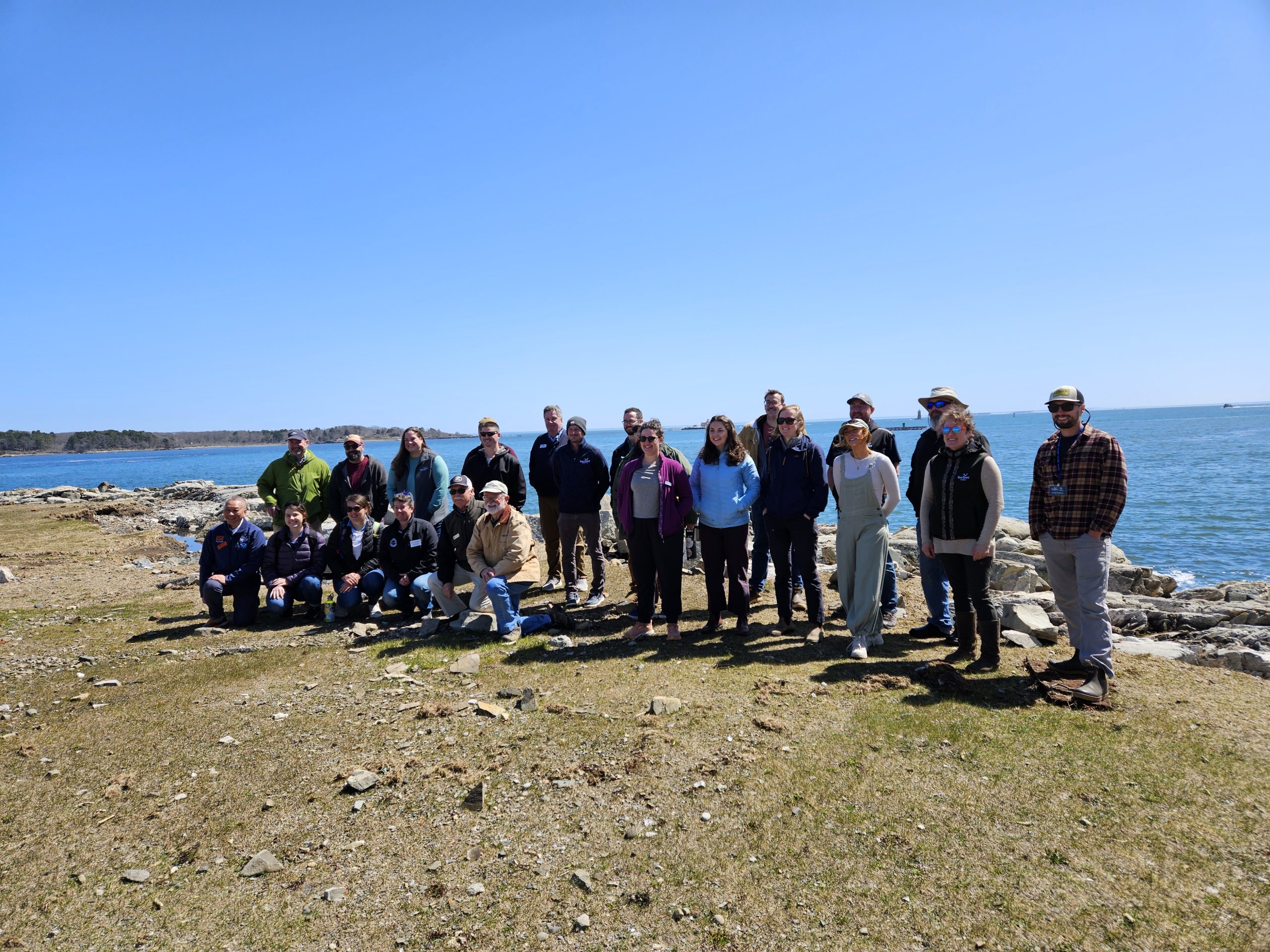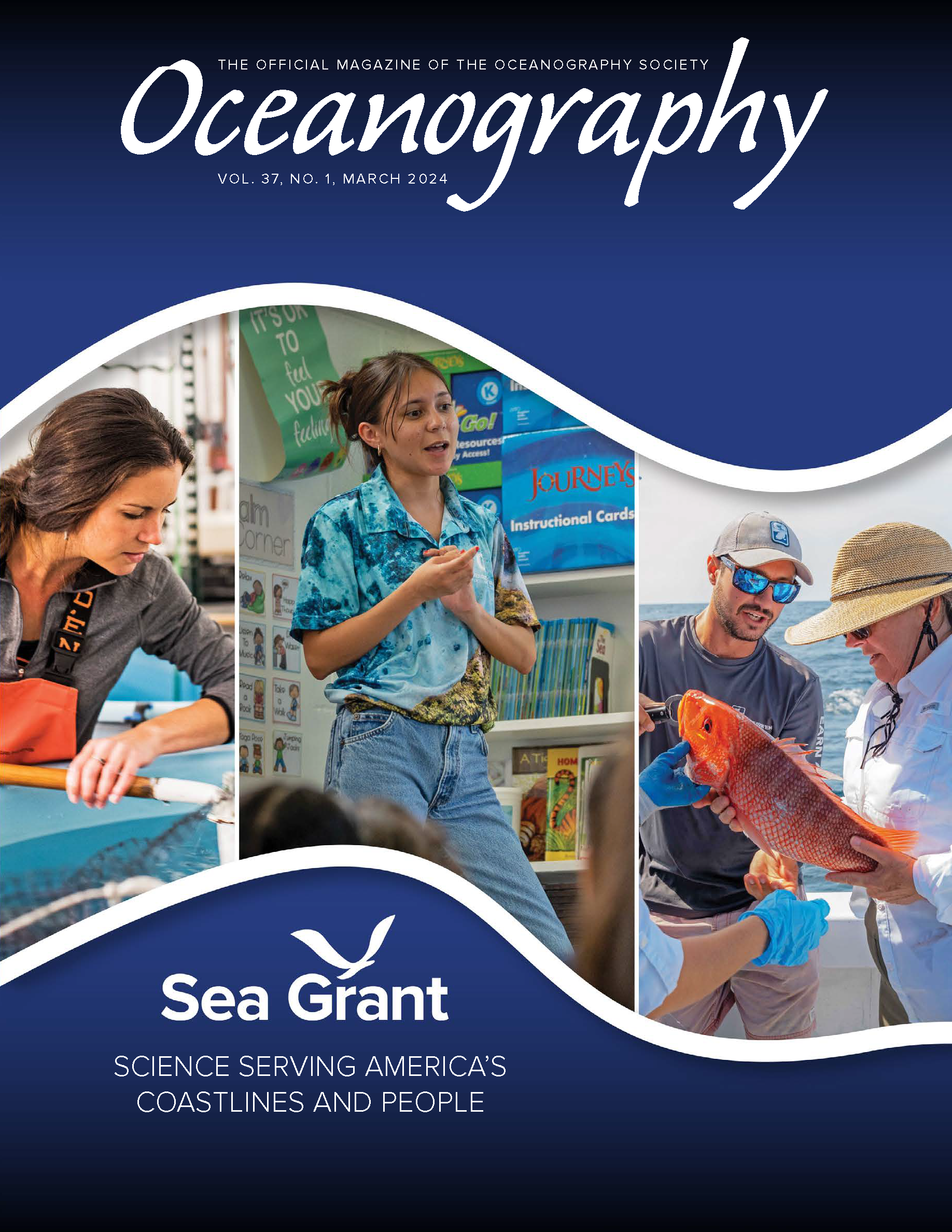Sea Grant and the National Marine Fisheries Service (Fisheries) are pleased to announce the 2019 Fisheries-Sea Grant Joint Fellowship recipients. Eight population and ecosystem dynamics fellowships were awarded through a competitive selection process. The Fisheries-Sea Grant Joint Fellowship program supports students pursuing doctoral degrees in population and ecosystem dynamics as well as marine resources economics. The program is a focused workforce development effort to train highly qualified professionals in areas of critical need for NOAA’s science-based approach to fisheries management.
“Sea Grant is committed to workforce development in ocean and coastal fields. The Fisheries-Sea Grant fellowship provides critical support to students in the highly specialized field,” said Jonathan Pennock, Director, National Sea Grant College Program. “We are pleased that this successful program has once again connected with talented early career scientists to support their development. Congratulations to the fellows!”
Fellows are chosen through a competitive process that involves national review by an expert panel.
In 2008 the Departments of Commerce and Education released a report to Congress summarizing two studies that assessed future shortages in the fisheries science workforce. The report outlined a specific need for fisheries scientists with expertise in stock assessment and related fields as well as the need for a technical workforce development program. The field of population and ecosystem dynamics is critical to making high quality stock assessments in order to properly manage U.S. fisheries. Since the fellowship began, it has supported 100 population and ecosystem dynamics doctoral fellows. A 2018 review of the program found that 95% of fellows remain in their field and about 50% work for NOAA as a fisheries scientist.
Population and Ecosystem Dynamics Fellows:
Bethany Johnson
California Sea Grant
Empirical dynamic modeling for assessment and management of short-lived species
University of California, Santa Cruz
Faculty Advisor: Marcella Gomez
Southwest Fisheries Science Center, Santa Cruz
NOAA Mentor: Stephan Munch
Emily Liljestrand
Michigan Sea Grant
Using simulation and application to evaluate the performance of state space stock assessment Models
Michigan State University
Faculty Advisor: James Bence
Northeast Fisheries Science Center, Woods Hole
NOAA Mentor: Jonathan Deroba
John Best
Washington Sea Grant
Improving spatial indices of abundance with fishery-dependent and -independent data
University of Washington
Faculty Advisor: André Punt
Alaska Fisheries Science Center,
NOAA Mentor: James Thorson
Megan Feddern
Washington Sea Grant
Quantitative Ecosystem Chemistry: time series modeling of a century of coastal productivity and predator trophic position indicators derived from archival bone
University of Washington
Faculty advisor: Gordon Holtgrieve
Northwest Fisheries Science Center, Seattle
NOAA mentors: Eric Ward and Christopher Harvey
Claire Rosemond
Oregon Sea Grant
Linking ecosystem dynamics to stock assessment: reproductive potential informing fisheries management
Oregon State University
Faculty Advisor: Scott Heppell
Northwest Fisheries Science Center, Seattle and Newport
NOAA Mentors: Jason Cope and Aaron Berger
Liese Carleton
Virginia Sea Grant
Development of new depletion estimators to determine fish stock status with application to Gulf of Mexico red snapper
Virginia Institute of Marine Science
Faculty advisor: John Hoenig
Southeast Fisheries Science Center, Miami
NOAA Mentor: Matthew Lauretta
Nicholas Grunloh
California Sea Grant
Simulation driven Bayesian calibration of data weighting
University of California, Santa Cruz
Faculty advisor: Herbert Lee
Southwest Fisheries Science Center, Santa Cruz
NOAA Mentor: E.J. Dick
Maia Sosa Kapur
Washington Sea Grant
Effects of spatial mis-specification in management strategy evaluation for Northeast Pacific Sablefish
University of Washington
Faculty advisor: André Punt
Alaska Fisheries Science Center, Auke Bay and Northwest Fisheries Science Center, Seattle
NOAA Mentors: Dana Hanselman and Melissa Haltuch


